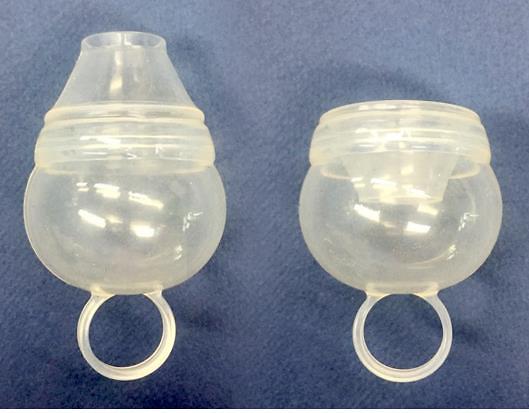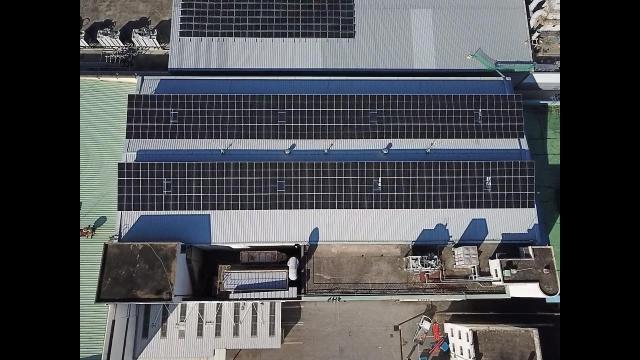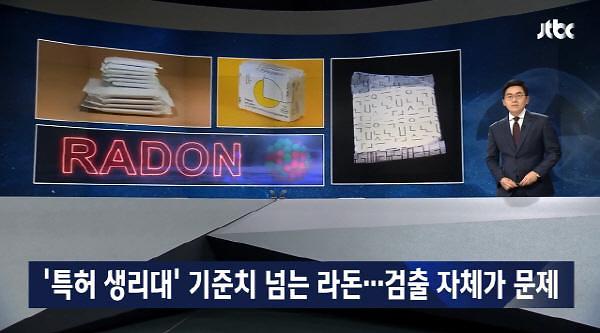[Yonhap Photo]
Sales of menstrual cups were granted the green light in South Korea amid widespread health concerns about the safety of sanitary pads that sparked a class-action suit by women.
The Ministry of Food and Drug Safety said in a statement on Thursday that sanitary cups, manufactured by American company Femcap, would be put on shelves in January next year after they passed safety checks.
Sanitary cups are a feminine hygiene product inserted into the vagina during menstruation to prevent menstrual fluid from leaking onto clothes. Local importers have sought state approval since a sanitary pad scandal erupted in August.
The ministry said it was unable to find any case of toxic shock syndrome (TSS) caused by any menstrual cups which passed tests for volatile organic substances. However, ministry officials warned that the cups should be sterilized in boiling water for five minutes before using.
There have been loud voices demanding safe sanitary. Some women have expressed fear of the deadly syndrome rarely found in the victims who used tampons, and a great deal of anger was directed at hygiene product makers in August over allegations that some organic hygiene products were found to have contained harmful substances.
In August, the drug ministry launched an inspection of sanitary pads sold in South Korea after Klean Nara, a popular producer of hygienic products, recalled sanitary napkins on complaints about negative side effects caused by volatile organic compounds (VOCs) which like benzene and formaldehyde are organic chemicals that easily become vapors or gases.
The recall sparked a widespread health scare, and thousands of women have filed a class-action suit, based on a study by some civilian experts that Klean Nara products contained unusually high VOC contents.
In September, the ministry concluded that sanitary pads contained a very low level of toxic chemicals that pose no threat to the health of women. However, many women have reluctantly switched to foreign organic sanitary pads which are more expensive than home-made ones.





